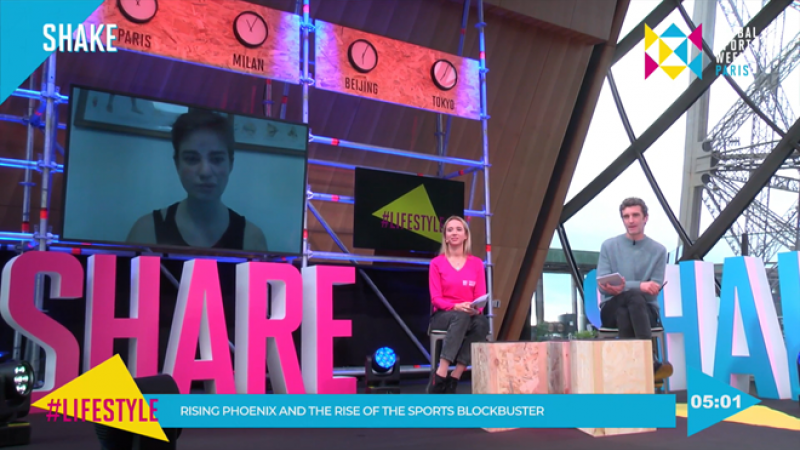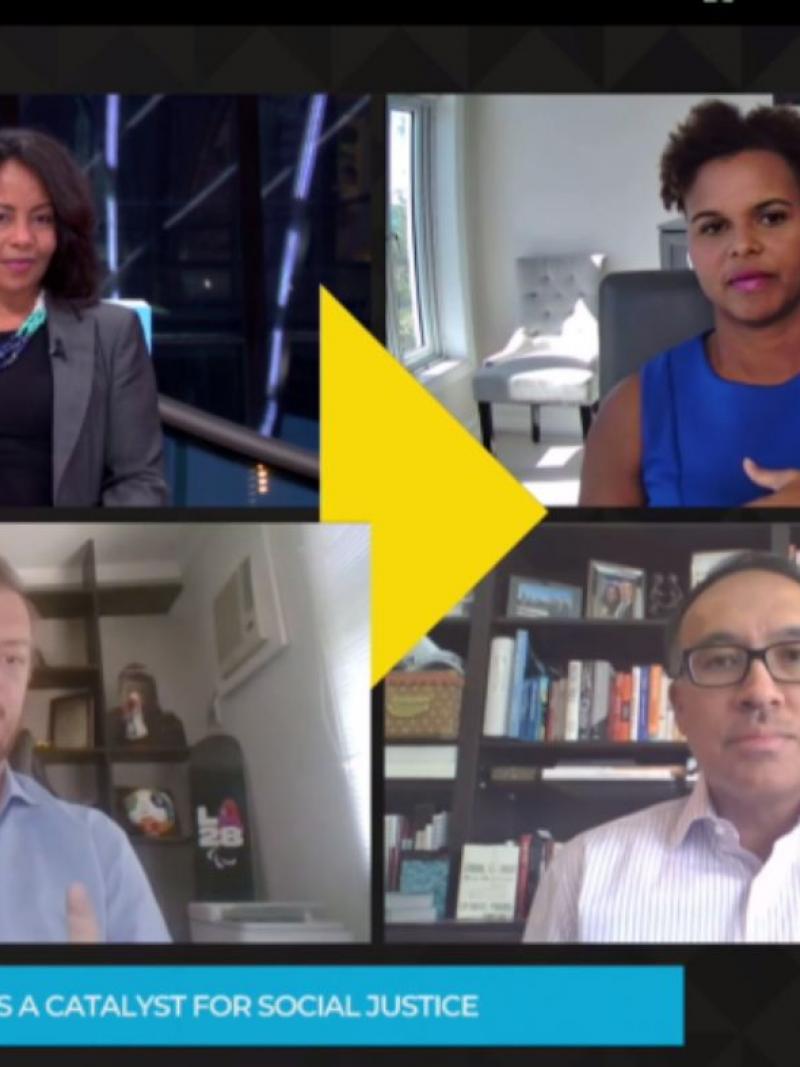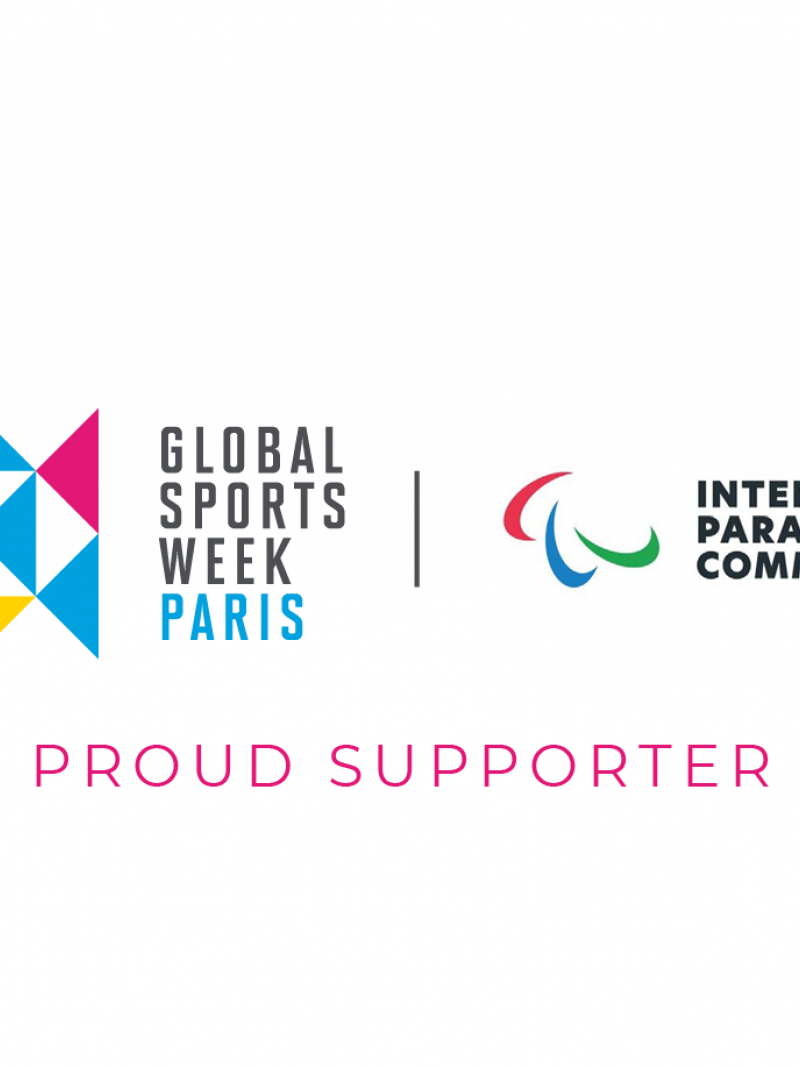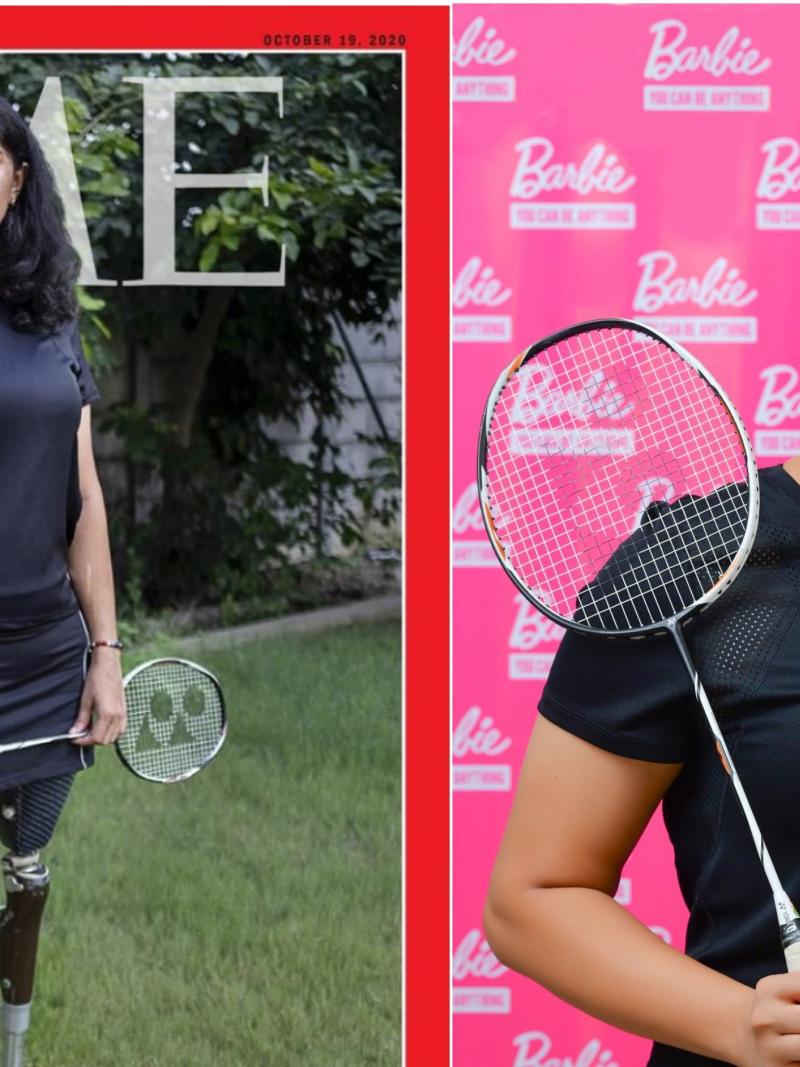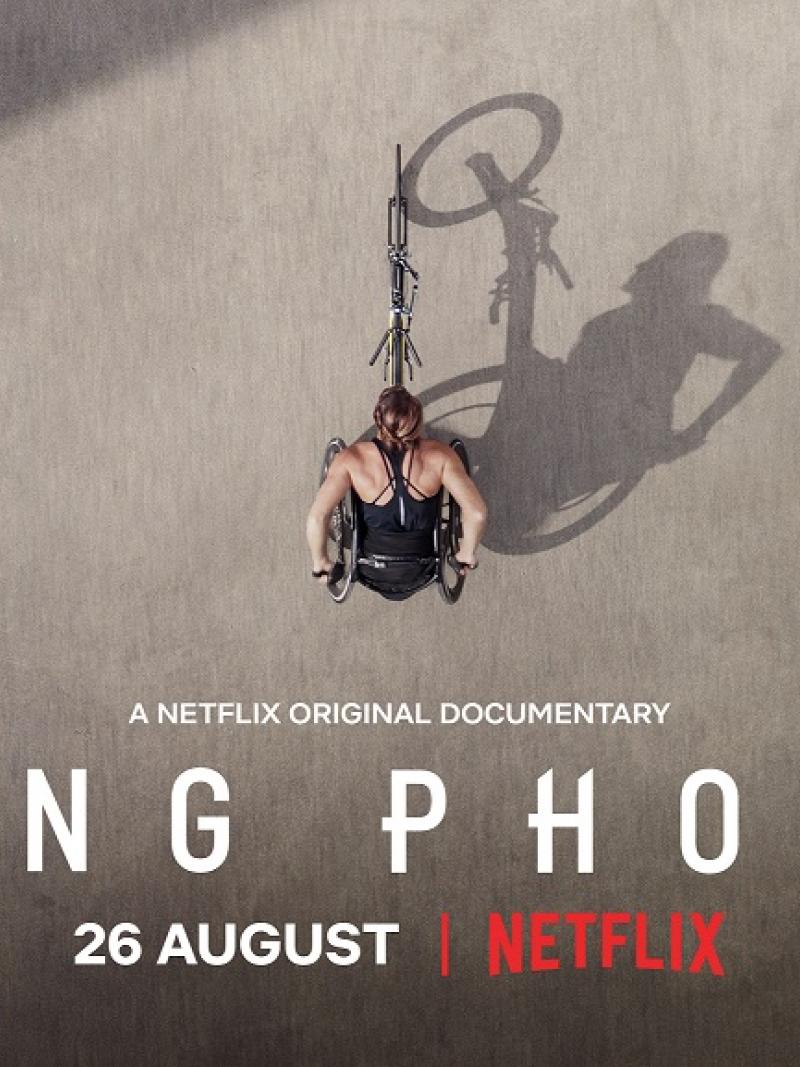The women changing ‘narrative of disability’ through sport
Manasi Joshi and Bebe Vio inspire at ‘Global Sports Week’ 09 Feb 2021
“I think the Language of Inclusion, is what I want to see everywhere," Para badminton World Champion, Manasi Joshi said.
Women around the world have heard it all before. The platitudes. The off-the-cuff remarks. In a pandemic laden world, what fills everyone with optimism is that women from all walks of life are still striving to keep that glass ceiling broken.
For those who are doubly disadvantaged due to poverty or any other impediment, this makes things colossally more difficult. Beating the odds ‘becomes a sport in itself’ for women like Joshi.
At the recently concluded virtual Global Sports Week Paris, which the IPC helped co-create as a 'Proud Supporter,' the 31-year-old explained how she is using sport to shift the narrative around disability.
Turning adversity into opportunity
Joshi is on the cusp of her Para badminton’s debut at the Paralympic Games. “If there is one thing I would like to change about sport, it is the accessibility of the game,” said the Indian Para athlete. She is also the current Para badminton World Champion who has graced the cover of Time Magazine.
Joshi grew up in India where she said procuring equipment itself was sometimes the biggest challenge. She believes she is the voice of not just her nation but a whole world of the unrepresented. Her coach and long-time supporter Pullela Gopichand commends her on doing things differently.
“She has proved herself by not just winning the World Championships but also the manner in which she has achieved it," Gopichand said.
Joshi added: "Initially, managing the financial aspect especially for prosthetic equipment was tough as we (players) don't have insurance to cover the vital equipment. We have to pay from our own pockets for these devices."
Her experience isn’t very different from Bebe Vio, Paralympic wheelchair fencing champion. For Vio, fencing has become a matter of pride and a unique way of self-expression. The 23-year-old Italian fencer first burst on the scene in 2016 and has steadily won subsequent titles since then.
Born, Beatrice Vio, she has won the gold medal at the 2016 Paralympic Games. The event was the climax of a long series slams and brought her huge media attention.
The battle has been far from easy for these women. At the age of 11, Vio contracted severe meningitis that caused her the loss of both arms and legs and several face and body scars. After three months of intense rehabilitation and thanks to a prosthesis, specifically designed for her, she could go back to fencing: a discipline she had been practicing since the age of 5.
Her resilience is something that has baffled even her own parents. After defeating death, she believes that championships like this one are easily navigable.
Cross to 2021 when the world is battling a global pandemic, Vio uses her story to dispel the myths surrounding meningitis: “Being special means to be able to make people understand that your weakness can be one of the things you can be proud of the most.”
The glare of the media is something that women have grown accustomed to. For Joshi and Vio, it is all part of the game.
"Being in sport has helped me change my own life," asserted Joshi.





